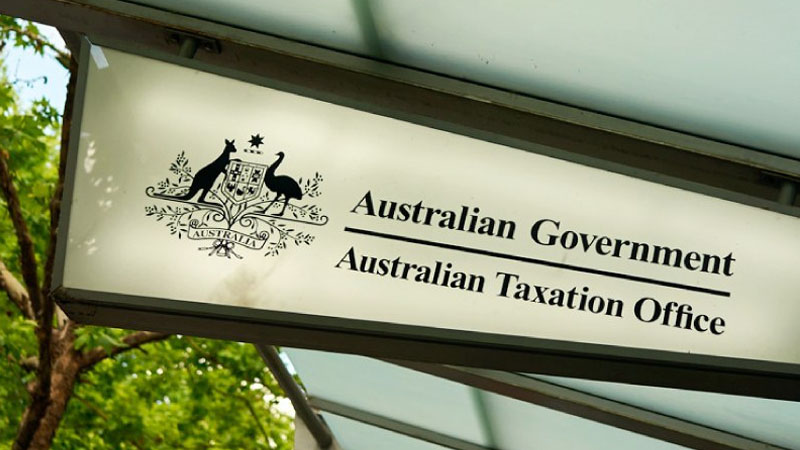TBAR errors still a major concern, says ATO
The ATO is still seeing significant errors with transfer balance account reporting, with retrospective reporting, duplicated reporting and late reporting among some of the ongoing concerns.
ATO assistant commissioner, SMSF segment, Steve Keating said while SMSF trustees and tax agents are growing more confident with the obligations around transfer balance account reporting (TBAR) and there are now high levels of electronic reporting, there are still some key concerns in this area.
“One of the most significant issues we’re concerned about is late reporting and that’s resulting in members being in excess of the cap for longer periods, thereby needing to commute more from their pension accounts or paying more tax,” Mr Keating said in an online discussion with Smarter SMSF.
“Members are at risk of having their pension commuted twice and this might happen if they have both APRA and SMSF pension accounts, where they commute from their SMSF due to receiving a determination from us, but they don’t report that commutation to us.”
Failing to report the commutation can result in the ATO sending a commutation authority directly to the APRA fund, Mr Keating warned.
“Some agents and trustees do not appear to appreciate the importance of really timely reporting, and that’s a concern for us,” he stated.
The ATO, he said, is also worried about the level of duplicate reporting which is being driven by user error or where reporting isn’t required.
“We have seen instances where a member’s transfer balance account details as of 30 June 2017 have been reported to us for a third time,” he said.
“Also levels of retrospective reporting, and the cancellation of information after the excess transfer balance determination or commutation authority has been issued, continues to be an issue for us.”
Mr Keating said while the ATO accepts that some reporting is a genuine correction of reporting errors, in other cases, the reporting is certainly more questionable such as reporting a commutation which occurred in a year in which the SMSF annual return (SAR) had already been lodged and the SAR does not report either a lump sum or an accumulation interest for the member.
“We’re concerned about and [also] the reporting of a commutation that occurred prior to an excess transfer balance determination issuing, where the amount commuted is for the exact amount in the determination which also includes the earnings that were calculated by the ATO,” he said.
“Members of SMSFs not engaging with us early in the process after we’ve issued an excess transfer balance determination is becoming a problem.
“They’re leaving the resolution of any reporting issues until a commutation authority has been sent to the SMSF or the member’s APRA fund is due and then they struggle to correct their reporting on time.”

Miranda Brownlee
Miranda Brownlee is the deputy editor of SMSF Adviser, which is the leading source of news, strategy and educational content for professionals working in the SMSF sector.
Since joining the team in 2014, Miranda has been responsible for breaking some of the biggest superannuation stories in Australia, and has reported extensively on technical strategy and legislative updates.
Miranda also has broad business and financial services reporting experience, having written for titles including Investor Daily, ifa and Accountants Daily.


